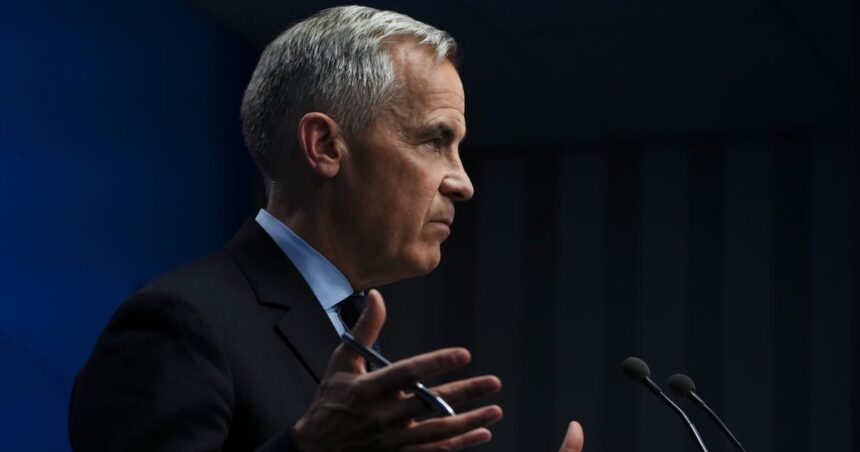In a concerning trend for Canada’s federal public service, a newly released survey reveals a significant erosion of employee confidence in senior leadership. The 2025 Public Service Employee Survey, conducted between April and June, shows that only 57% of federal workers express confidence in their departmental senior management—a troubling six-percentage-point decline from the previous year’s results.
The annual survey, which gathered responses from over 188,000 public servants across 87 federal organizations, highlights growing disconnects between frontline workers and upper management during a period of significant workplace transitions.
“These results should serve as a wake-up call for senior leadership across government departments,” says Dr. Elaine Richardson, public administration expert at Carleton University. “When employees lose faith in those steering the ship, it inevitably impacts service delivery to Canadians.”
Particularly notable is the drop in confidence regarding decision-making processes, with only 53% of respondents believing their senior management makes effective and timely decisions—down from 60% in 2024. This decline coincides with the government’s contentious return-to-office mandates that have faced significant resistance from public sector unions.
The Treasury Board Secretariat, which oversees the federal public service, acknowledged the concerning findings in a statement released yesterday. “We recognize these results reflect real challenges within our organizations that require thoughtful attention and concrete action,” said Treasury Board President Jean-Philippe Raymond.
Beyond leadership concerns, the survey exposed other troubling trends. Employee satisfaction with work-life balance plummeted to 64% from 72% last year, while perceptions of workload manageability fell to 69% from 75%. These statistics align with reports from the Public Service Alliance of Canada indicating increasing burnout among federal workers.
However, the news wasn’t entirely negative. Employee engagement scores remained relatively stable at 74%, suggesting that despite leadership concerns, many public servants remain committed to their work. Additionally, 82% of respondents reported that they feel their work contributes meaningfully to serving Canadians—unchanged from previous years.
Mona Fortier, President of the Canadian Public Service Commission, emphasized the importance of addressing these findings promptly. “The strength of our public service depends on fostering environments where employees feel valued and leadership is trusted. These survey results provide us with clear direction on where improvements are needed.”
Labour relations experts point to ongoing tensions surrounding hybrid work arrangements as a key factor in the declining confidence metrics. “The disconnect between senior managers who may prefer traditional office environments and employees who’ve adapted to remote work creates natural friction,” explains Samir Patel, workplace analyst at the Conference Board of Canada. “This fundamental disagreement on how work should be structured undermines trust.”
The timing of these findings is particularly significant as the federal government navigates complex economic challenges and implements ambitious policy agendas requiring coordinated bureaucratic action. Declining confidence in leadership could potentially hamper these efforts if left unaddressed.
As federal departments digest these results, many are expected to develop targeted action plans to address specific areas of concern. Several deputy ministers have already announced plans for departmental town halls and feedback sessions in the coming weeks.
The question now facing Canada’s public service leadership is whether they can rebuild trust through meaningful action or if this decline represents a more fundamental shift in the relationship between management and employees in the post-pandemic workplace. As the federal government’s most valuable resource—its people—express growing skepticism in leadership, how will those at the top respond to restore confidence and ensure effective public service delivery?

























